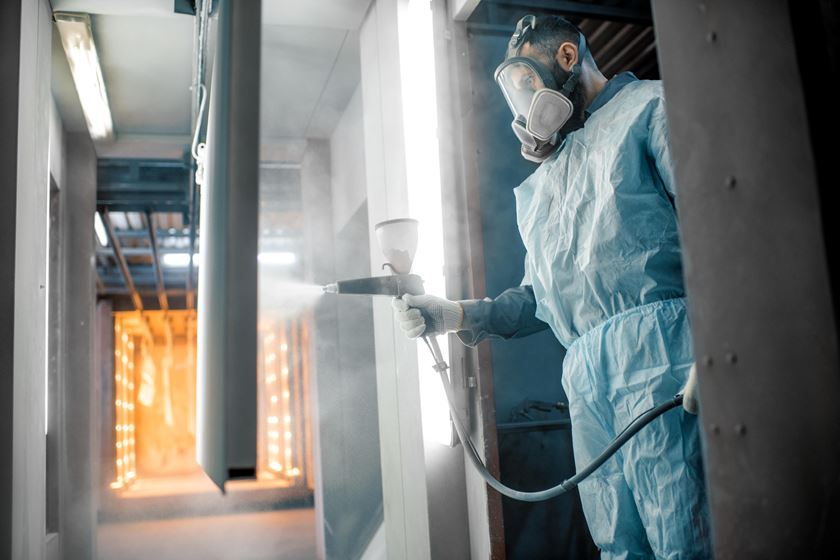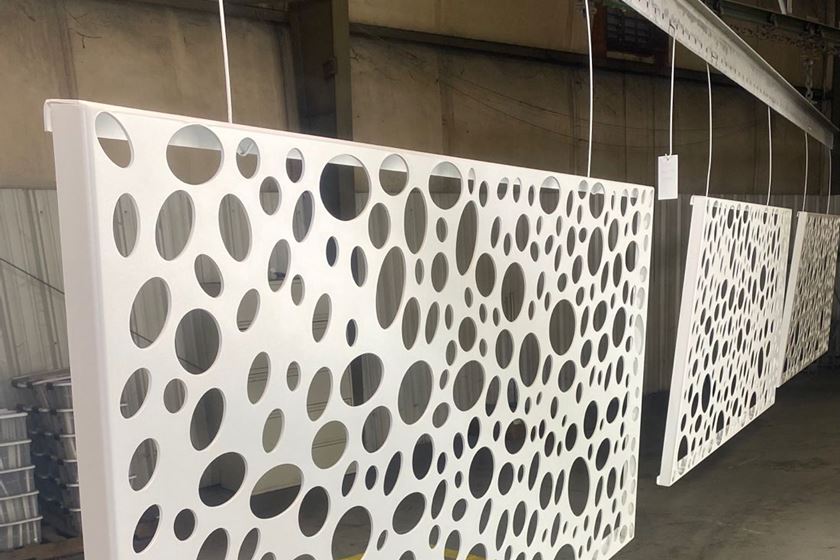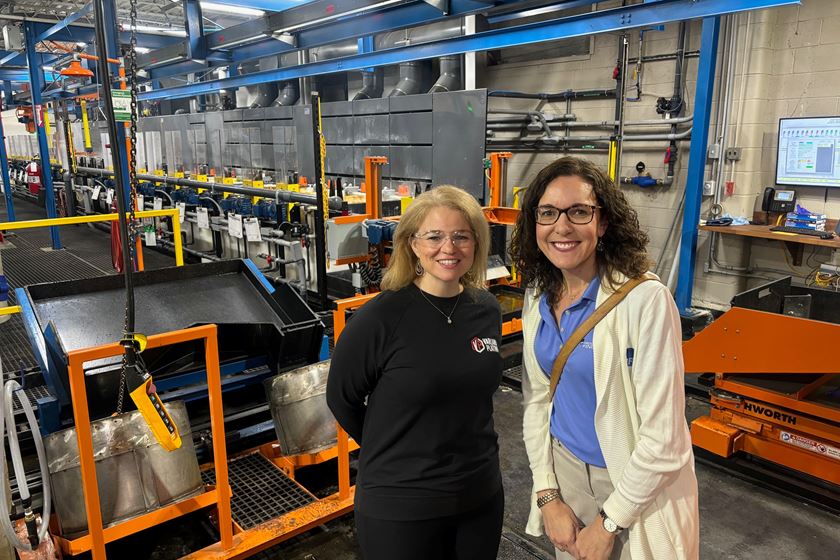Rip Van Meeting
Dozing off at work is more than just embarrassing. Sleep-deprived employees put themselves and their co-workers at risk.
#management
There were five other attendees at a recent meeting during which I was delivering what I thought was a riveting presentation, and judging from the astute questions they asked and engaged expressions on their faces, 80 percent of my audience agreed. That meant, of course, that one attendee did not appear particularly interested. His eyelids drooped a bit and he jerked his head back in attempt to remain part of the discussion. Not long after, they drooped again. Then his eyes started rolling back a bit and his eyelids shut. Not long after, he let out an abbreviated snoring noise and again had to jerk himself back to wakedness. Two minutes later, we lost him to a full-on siesta as the rest of the engaged (and professional) participants in the meeting continued our discussion.
He wasn’t the first person I’ve seen fall asleep in a meeting; in fact, I have seen it happen more times than I can count. However, anecdotally, it seems that it happens more often than it used to. In fact, at least three times in the last quarter I can recall watching someone napping in the middle of a business meeting.
I admit that I find the practice of dozing off in meetings bizarre. In 25+ years of attending business meetings—lots of them—I have never, emphasize never, fallen asleep in a meeting. Doing so is unprofessional, rude and, in my mind, displays a lack of self-discipline either in the ability to force oneself to remain awake or in getting enough sleep the night before to arrive at work prepared to perform at an acceptable level. What’s my trick to staying awake? I get my sleep.
While I never sleep in meetings, it used to be harder to stay awake. Early in my career, I could be easily cajoled into staying up later than I should have on a work night. But I always arose in time for work and always managed to make it to the end of the day without a nap. Some co-workers even marveled at my stamina, wondering how I could sleep for just four or five hours for nights in a row and still perform at work. Then, at one point, I stumbled across an article on the importance of sleep. The author encouraged the reader to sleep a minimum of 7 hours per night for a week. I tried it and was amazed at how much more awake I was during the day. Gone was the strong urge to take a nap after lunch. I left the office at day’s end with much more energy than before, and I felt more creative and effective throughout the day. I’ve kept up the practice ever since. Perhaps more of us should.
The feature article in the August 2018 edition of National Geographic takes a deep dive into the importance sleep. In Michael Finkel’s article “While We Sleep Our Mind Goes On An Amazing Journey,” the director of the Center for Sleep and Cognition at Harvard Medical School observes that the average American sleeps two hours less than we did a century ago, a habit he attributes to the advent of electric lights, televisions, computers and, of course, smartphones.
Also, according to the article and the U.S. Centers for Disease Control and Prevention, more than 80 million American adults are chronically sleep-deprived. This condition results in automobile accidents, medical errors and, for those who sleep less than six hours a night, an elevated risk of depression, psychosis and stroke.
Perhaps while getting more sleep and avoiding these maladies we should also consider the cost a sleep deprived nation has on our surface finishing operations. The truth is, your sleep-deprived team members are costing you money! About 80 million American adults chronically sleep-deprived? That’s almost a third of us, meaning that in a shop of 70 employees, more than 20 come to work without the requisite amount of sleep.
According to the National Geographic article, sleep is a powerful factor in reinforcing our memory. Is a sleep deprived worker less likely to recall the training she received the day before? A lack of sleep has an adverse effect on our cognitive thinking and concentration. Is an employee who doesn’t get enough sleep more apt to pass a non-conforming part, add the wrong chemical to a process tank or set the rectifier at the incorrect value? Likely.
Poor sleeping habits effect coordination and balance. In many ways, sleep-deprived employees put themselves and their co-workers at risk when they fail to use equipment in a safe fashion. What about the driver of the delivery truck that assumes his duties in a sleep-deprived fashion? Any accuracy or safety issues there? Clearly.
The Nat Geo article also shares the results of a study that Rand completed in 2017 outlining the effect that a lack of sleep can have on productivity, work absences, industrial accidents and road accidents. It estimates the total annual adverse impact of sleep deprivation on the U.S. at $411 billion.
Let’s commit ourselves to getting our sleep, not embarrassing ourselves by falling asleep in business meetings and encouraging our employees to do the same, making for a more productive, more efficient, more creative, more effective and safer workplace for all.
RELATED CONTENT
-
Paint Shop Life Cycle Management
Proper planning can help make your paint operations productive from cradle to grave
-
ISO 14000: Environmental Management
What is it? What is required? Other companys' experiences...
-
Valence Surface Technologies Sold to Investment Groups
ATL Partners and British Columbia Investment Management purchase Texas-based Valence.
















